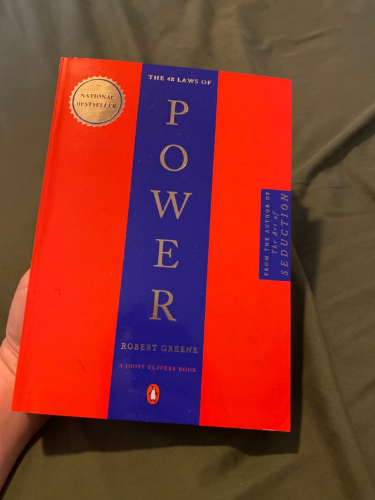
Henry Kissinger is a German-born American diplomat and political scientist who served as National Security Advisor and Secretary of State under Presidents Richard Nixon and Gerald Ford. Renowned for his expertise in international relations and foreign policy, Kissinger played a key role in shaping U.S. foreign policy during the Cold War era. He was instrumental in negotiating diplomatic agreements such as the Strategic Arms Limitation Talks (SALT) with the Soviet Union and the normalization of relations with China. Kissinger’s realpolitik approach to diplomacy garnered both praise and criticism, as he was often seen as a controversial figure for his support of authoritarian regimes and military interventions. Despite the controversies surrounding his career, Kissinger remains a respected figure in the field of international relations and continues to be a sought-after advisor on global affairs.
Early Life and Career
Henry Kissinger was born on May 27, 1923, in Germany. After fleeing the Nazi regime, his family immigrated to the United States in 1938, settling in New York City. Kissinger went on to serve in the US Army during World War II before attending Harvard University, where he earned a PhD in government. His academic achievements and expertise in international relations caught the attention of various government officials, leading to his eventual appointments as National Security Advisor and Secretary of State under Presidents Richard Nixon and Gerald Ford.
Diplomatic Legacy
Known for his realpolitik approach to foreign policy, Kissinger played a key role in shaping US foreign relations during the Cold War era. He was instrumental in the opening of diplomatic relations with China, easing tensions with the Soviet Union, and negotiating the end of the Vietnam War. Despite controversy surrounding some of his actions, Kissinger was awarded the Nobel Peace Prize in 1973 for his efforts in negotiating a ceasefire in Vietnam. His diplomacy and strategic negotiations continue to be studied and debated by scholars and diplomatic experts around the world.
Throughout his career, Kissinger remained an influential figure in global politics, advising subsequent presidents and engaging in private consulting work. His extensive knowledge and experience in international relations have made him a sought-after expert on foreign policy matters. Despite criticisms and controversies, Kissinger’s impact on US foreign relations and diplomacy remains significant to this day. His legacy continues to be remembered and analyzed by historians, policymakers, and the public alike.
 Top famous
Top famous
